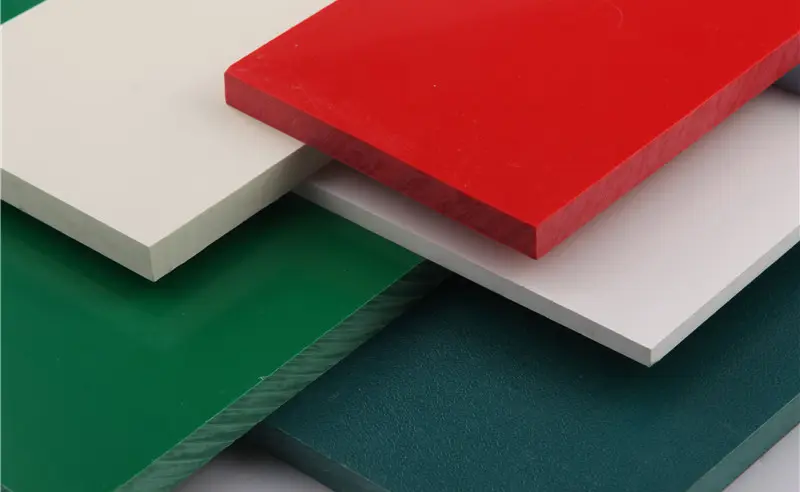Lis . 10, 2024 03:28 Back to list
Exploring the Benefits and Applications of HDPE Pipe in Modern Infrastructure
Understanding HDPE Pipe Features, Applications, and Advantages
High-Density Polyethylene (HDPE) pipe is a popular choice in various industries due to its unique characteristics and advantages. As a versatile and durable material, HDPE offers a multitude of applications, proving itself as an economical and efficient solution for a wide range of piping needs. This article provides an in-depth exploration of HDPE pipes, highlighting their features, benefits, and practical applications.
What is HDPE Pipe?
HDPE pipe is made from high-density polyethylene resin. This thermoplastic polymer is derived from petroleum, providing a lightweight yet robust option for piping systems. HDPE pipes are available in various sizes and pressure ratings, which makes them suitable for transporting fluids in different applications, from agricultural irrigation to municipal water distribution.
Key Features of HDPE Pipes
1. Durability HDPE pipes are renowned for their long lifespan, often exceeding 50 years when installed and maintained properly. They resist environmental stressors such as corrosion and abrasion, making them particularly suitable for challenging environments.
2. Flexibility Unlike traditional rigid piping materials, HDPE is flexible, which allows for easy installation and adaptation to various terrain and conditions. This feature minimizes the need for joints, reducing potential points of leakage.
3. Low Weight HDPE pipes are significantly lighter than their metal counterparts, making transportation and installation simpler and more cost-effective. This reduced weight can lead to lower labor costs and decreased handling issues on-site.
4. Chemical Resistance These pipes can handle a wide range of chemicals without degrading, which makes them ideal for industrial applications where harsh substances are conveyed.
5. Hydraulic Efficiency HDPE pipes have a smooth interior surface, which reduces friction and allows for superior flow characteristics. This results in lower energy costs and less wear on pumps.
Applications of HDPE Pipes
hdpe pipe

The versatility of HDPE pipes means they are used in a broad spectrum of applications, including
- Water Distribution HDPE is commonly used in municipal water systems for distributing clean drinking water. Its ability to resist corrosion and contaminants ensures safe and reliable water delivery.
- Sewage Systems The chemical resistance of HDPE makes it a perfect option for sewage and wastewater management systems, allowing for effective transport of effluents without risk of degradation.
- Agricultural Irrigation Farmers widely utilize HDPE pipes for irrigation systems due to their durability and flexibility, which facilitates efficient water distribution across varying terrains.
- Industrial Applications Many industries use HDPE pipes to transport chemicals and other fluids. Their resistance to a wide range of chemicals makes them a preferred choice for various industrial applications.
- Gas Distribution HDPE is also employed in the distribution of natural gas and other fuels, given its strength and resistance to cracking.
Advantages of Using HDPE Pipes
The advantages of HDPE pipes extend beyond their physical properties. They are environmentally friendly as they can be recycled, and their installation often requires less energy compared to traditional methods. Furthermore, the longevity of HDPE pipes contributes to reduced maintenance costs over time.
In terms of economic benefits, the initial investment in HDPE piping systems may be comparable to other materials, but the long-term savings due to their durability, reduced maintenance, and installation efficiencies make them a cost-effective solution.
Conclusion
In summary, HDPE pipes are a robust, flexible, and efficient option for various piping applications. Their resistance to environmental stressors, combined with their lightweight nature and low maintenance requirements, make them an increasingly popular choice across many industries. As technology continues to advance, it is likely that the usage of HDPE pipes will expand even further, solidifying their role as a critical material in water management, industrial processes, and agricultural practices. Choosing HDPE pipes not only ensures a reliable solution for today’s piping needs but also supports sustainable practices for the future.
-
HDPE Natural Sheet: Durable, Food-Grade & Versatile Plastic Solutions
NewsAug.27,2025
-
Durable Glossy PVC Rigid Sheet | Premium High-Shine Panels
NewsAug.26,2025
-
Durable PP Rigid Sheet: Lightweight, Chemical Resistant Solutions
NewsAug.21,2025
-
PVC Grey Sheet for Extraction: Chemical Resistant & Durable
NewsAug.19,2025
-
Durable PVC Pipe Fittings for Plumbing & Irrigation Needs
NewsAug.18,2025
-
HDPE Steel Belt Reinforced Spiral Corrugated Pipe | High Strength
NewsAug.17,2025

